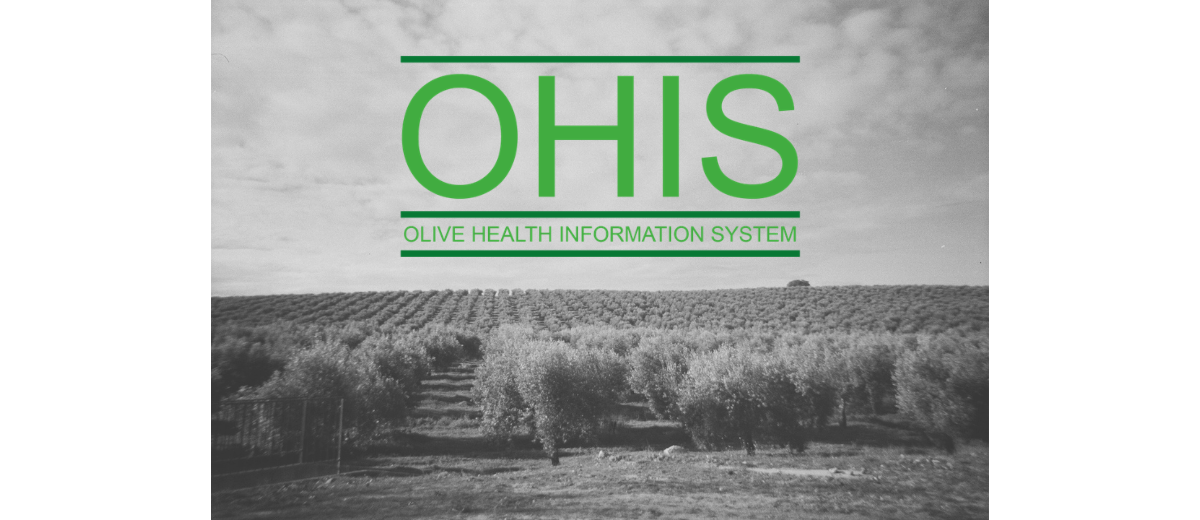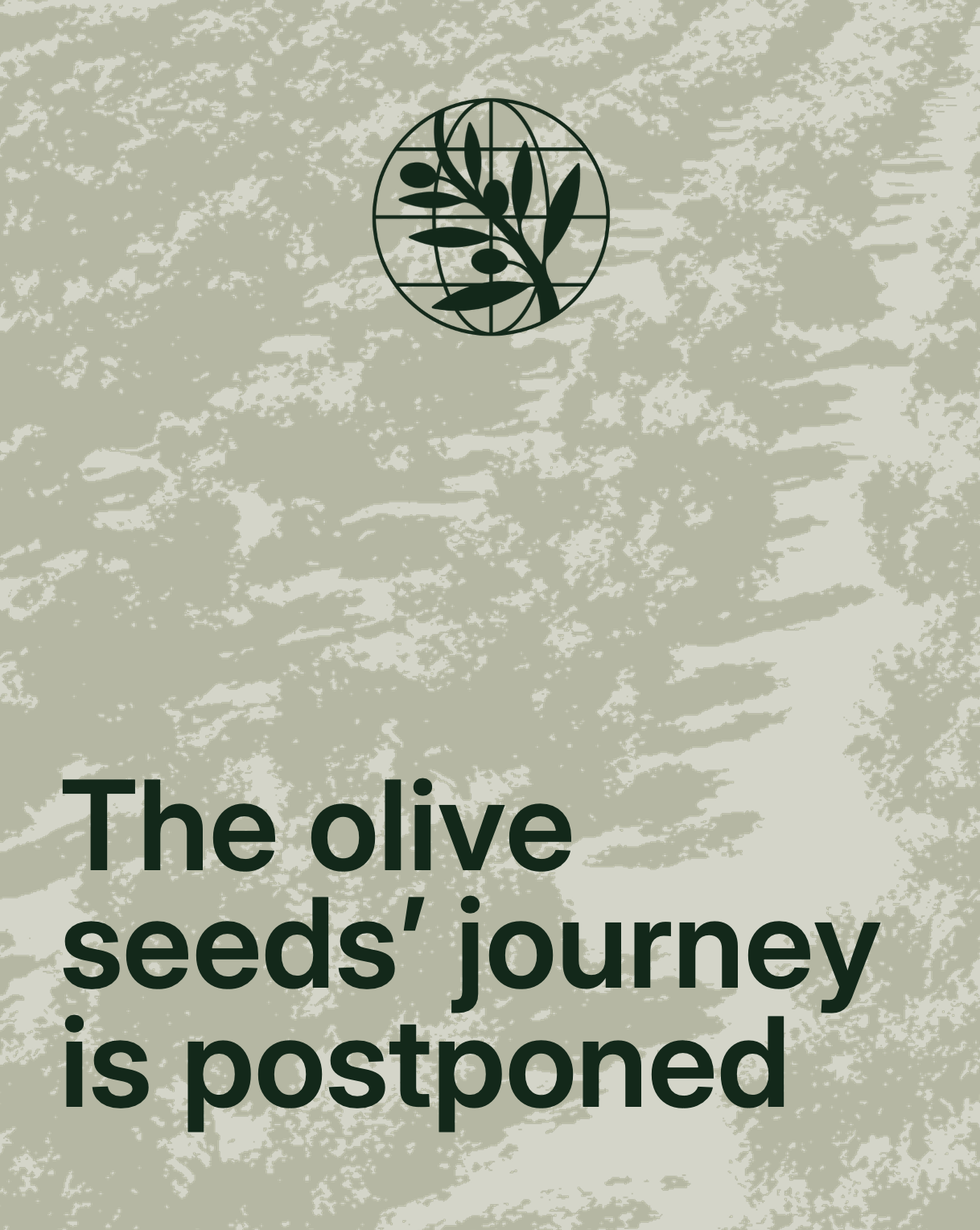The Olive Health Information System website
The newsletter of the University of Navarra and the IOC dedicated to health
This week, an interesting study investigates the antiplatelet effects of oleocanthal-rich olive oils in type II diabetic patients during the postprandial period. Oleocanthal is known to be a cyclooxygenase inhibitor with putative antiplatelet properties. The study compared the metabolic and platelet responses of diabetic patients to five different meals, including butter, butter and ibuprofen, low-phenol olive oil, and olive oil with different doses of oleocanthal. Strikingly, the antiplatelet effect of the oleocanthal olive oil was comparable to that of the meal with butter and ibuprofen. These findings suggest that including meals with oleocanthal-rich olive oils in diabetics’ diets could provide a daily, gentle, and more long-term antiplatelet aggregation therapy.
On the other hand, in relation to childhood and adolescence, this week we found two studies analyzing how adherence to a Mediterranean diet rich in olive oil can help improve health in this population. The prevalence of childhood overweight and obesity, especially abdominal obesity, has increased significantly worldwide. The first study involved 5,188 preschoolers from various regions of Greece and showed that higher adherence to the Mediterranean diet is associated with a lower prevalence of childhood obesity and central obesity, reducing the risk of various diseases and improving quality of life. Another study examined the relationship between diet quality in childhood and arterial stiffness and thickness during adolescence and early adulthood. This study assessed diet quality using five scores and found that Mediterranean, olive oil-rich and anti-inflammatory diets were associated with decreased arterial stiffness in adolescence. These findings highlight the importance of establishing healthy dietary habits early in life to protect against vascular damage.
Click HERE to see the latest posts…










